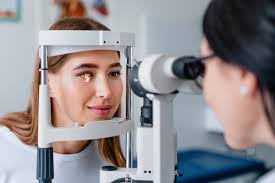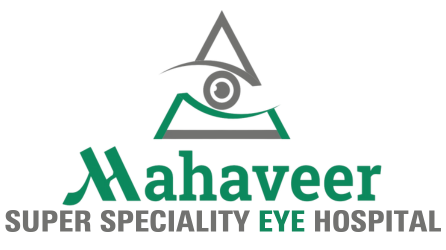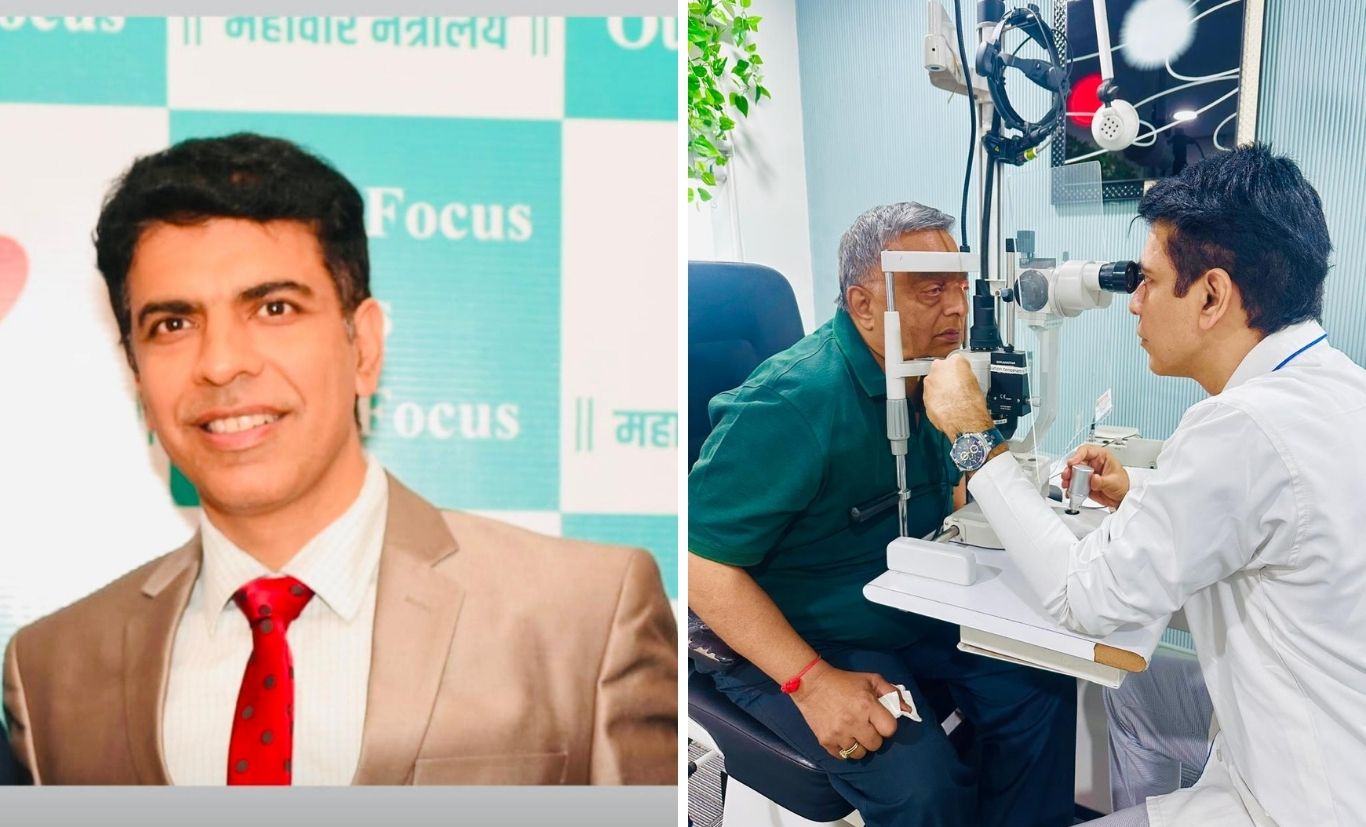
Taking care of your eyes is vital for maintaining good health and quality of life. However, most people underestimate the importance of regular eye exams, often neglecting them until a problem arises. Regular eye check-ups go beyond just checking your vision; they play a crucial role in identifying and preventing serious eye conditions that could affect your daily life. So, when should you get your eyes checked, and why is it so essential?
Why Are Regular Eye Exams Important?
Eye exams are a comprehensive check-up for your vision and eye health, helping detect any changes in vision or potential issues early on. Regular eye exams can identify more than just vision-related problems; they can also reveal early signs of eye diseases like glaucoma, cataracts, and macular degeneration. Detecting these conditions early can make treatment more effective, potentially saving your sight.
Moreover, eye exams can sometimes be the first step in identifying other health conditions, such as diabetes or high blood pressure. Changes in the retina or blood vessels in the eye may signal these underlying health issues, allowing for early intervention. A thorough eye exam by a qualified eye specialist can therefore help protect both your eye health and your overall well-being.

How Often Should You Get Your Eyes Checked?
- Children and Teens: Vision problems can impact learning and development, so it's recommended that children get their first comprehensive eye exam at six months, followed by another at age three, and again before starting school. School-aged children should ideally have eye exams every one to two years, even if they don't show symptoms of vision problems.
- Adults (20-40 years): Adults with no risk factors for eye disease should have an eye exam every two to three years. However, if you have vision problems, wear corrective lenses, or work in environments that strain your eyes (like working long hours on a computer), it’s wise to schedule annual check-ups.
- Adults (40-65 years): From age 40, eye exams become increasingly important. The risk of conditions like presbyopia, cataracts, and glaucoma rises as you age, and early detection is crucial. For this age group, eye exams every two years are generally recommended, or more frequently if there’s a family history of eye disease.
- Seniors (65 and above): As we age, the likelihood of eye disease and vision problems increases significantly. Seniors should get an eye exam at least once a year to monitor for conditions like cataracts, macular degeneration, and diabetic retinopathy.
What to Expect During an Eye Exam?
A comprehensive eye exam typically includes tests for visual acuity (how well you see at different distances), peripheral vision, eye alignment, and eye movement. Your optometrist or ophthalmologist may also use a dilated eye exam to get a better view of the retina and optic nerve, essential for detecting eye diseases. They may perform additional tests, such as intraocular pressure measurement, which can help diagnose glaucoma early.







Leave A Comment